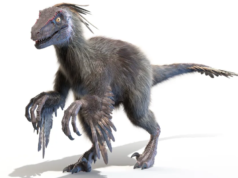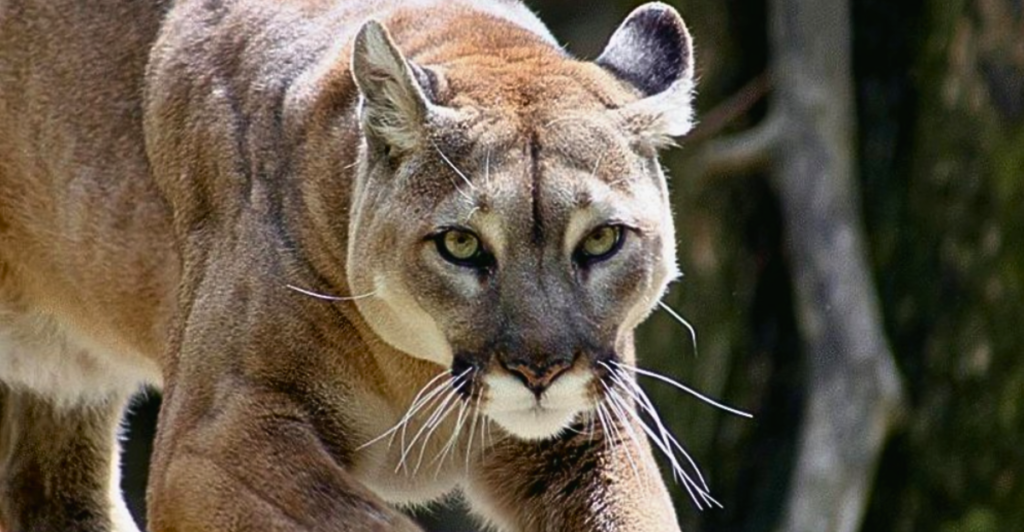
Think lions, sharks, and cobras are the biggest threats? Think again. The new Crespo Scale, a ranking of the world’s deadliest animals based on human fatalities, shows that the top six killers are all in the United States. From tiny insects to unexpected predators, here’s who made the cut.
What Is the Crespo Scale?
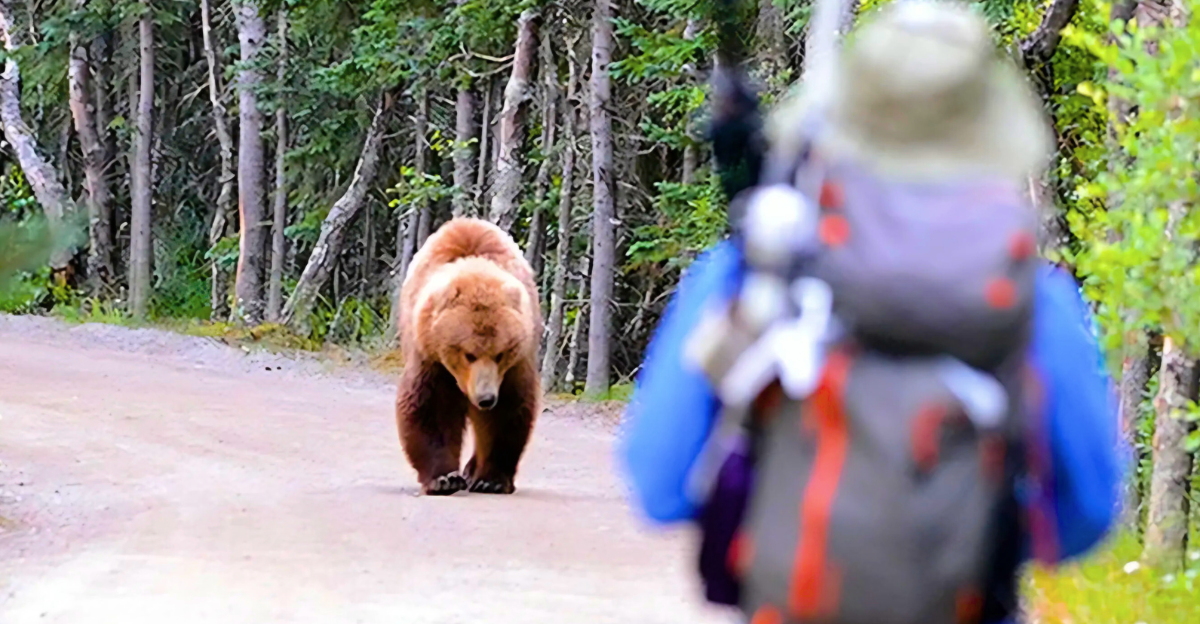
The Crespo Scale measures annual fatalities caused by animals, factoring in aggressiveness, venom potency, and human encounters. And spoiler: it’s not just the obvious killers. Some of the deadliest creatures are ones you’d never expect.
#6 Mountain Lions (Cougars)
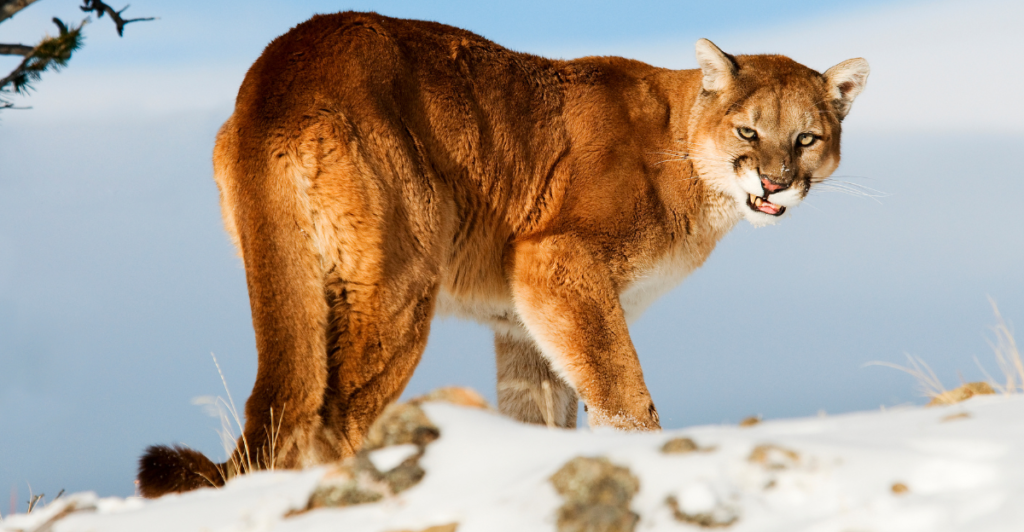
The silent stalkers of the American wilderness, mountain lions don’t attack often, but when they do—it’s fast and brutal. With speeds up to 50 mph and a bite force of 400 psi, they’ve been responsible for an increase in fatal attacks as human expansion encroaches on their territory
#5 Eastern Diamondback Rattlesnake
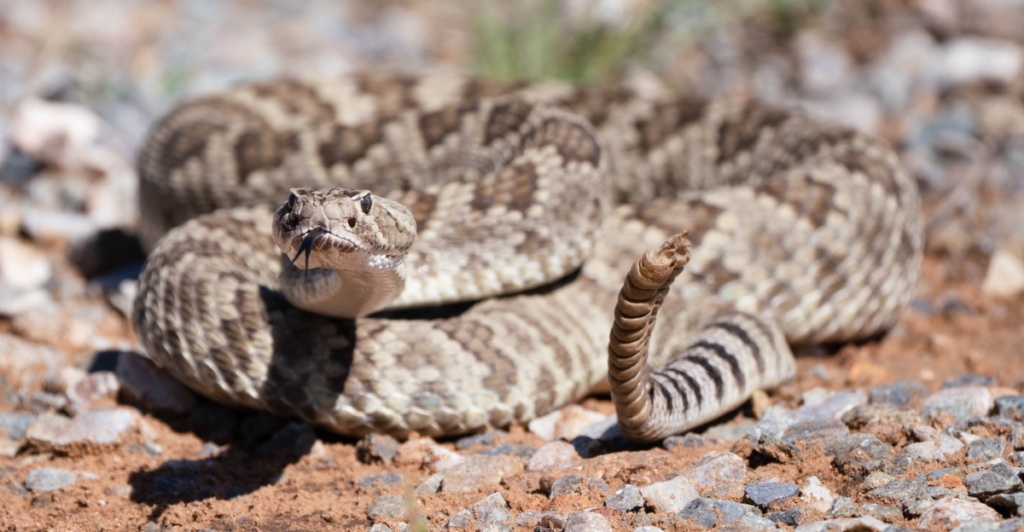
North America’s largest venomous snake, the Eastern Diamondback, can deliver up to 1,000 mg of venom in one bite—enough to kill several humans. Despite anti-venom advancements, rattlesnake fatalities remain among the highest of any U.S. snake species.
#4 American Black Bear
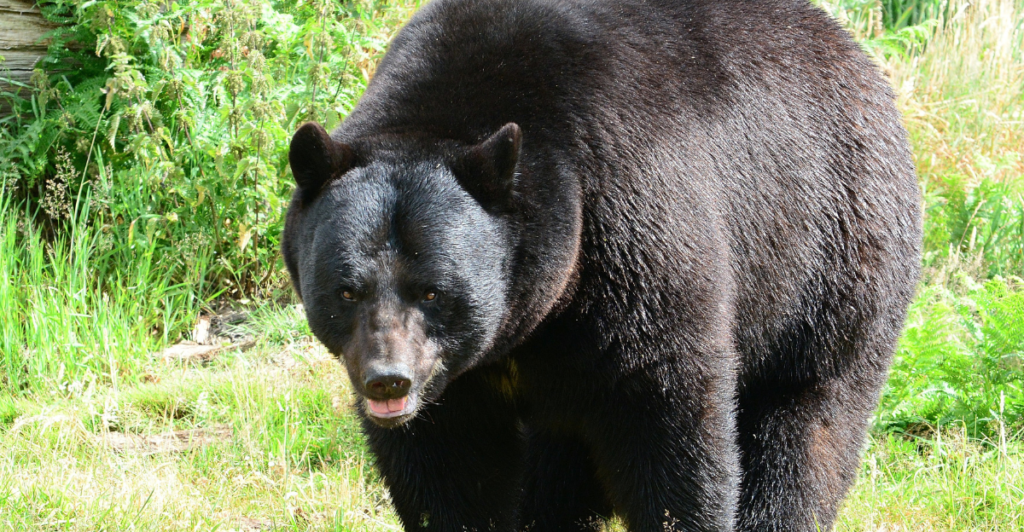
Think grizzlies are the only bear problem? Black bears attack more often, and while they’re smaller than grizzlies, they’re just as dangerous when food is scarce. Fatal black bear attacks are rising, with hikers and campers being prime targets.
#3 The Brown Recluse Spider
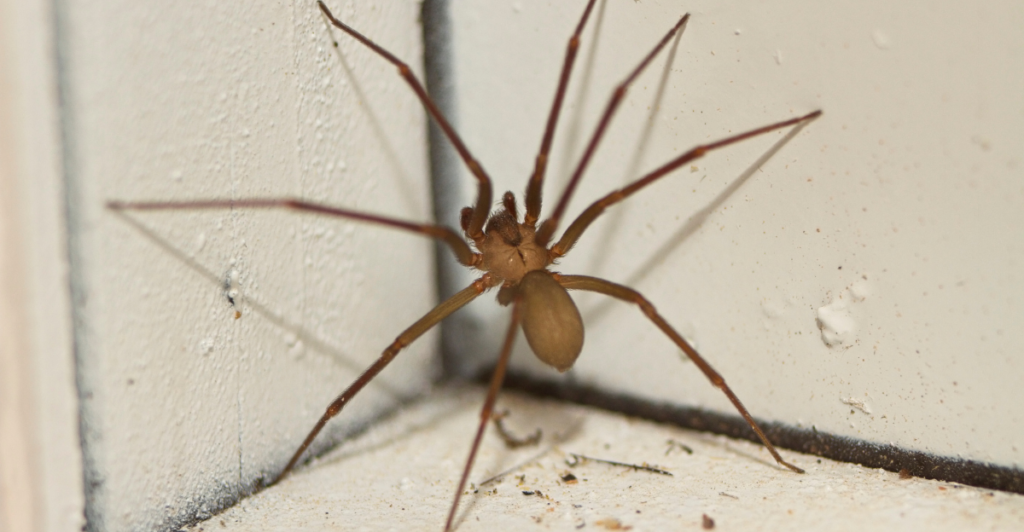
This tiny nightmare with fangs isn’t aggressive, but its flesh-eating venom can cause tissue necrosis, infections, and fatal complications. It hides in shoes, clothes, and dark corners, making it one of the most underestimated killers in the U.S.
#2 The White-Tailed Deer
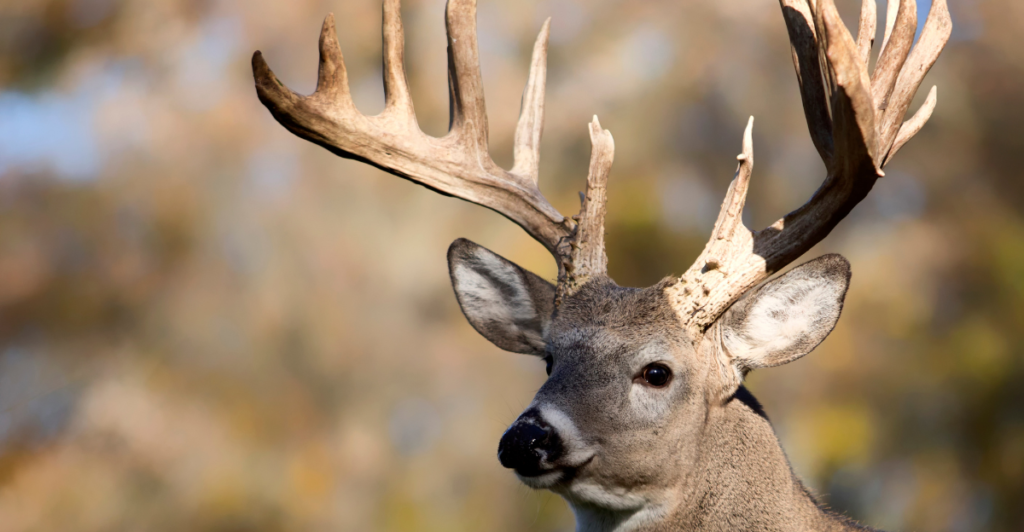
A deer? Seriously? Oh yes. These seemingly harmless animals are involved in over 1.5 million car accidents per year in the U.S., causing more human fatalities than sharks, bears, and wolves combined. They don’t need fangs—they just need to jump in front of your car.
#1 Mosquitoes – The Ultimate Serial Killers
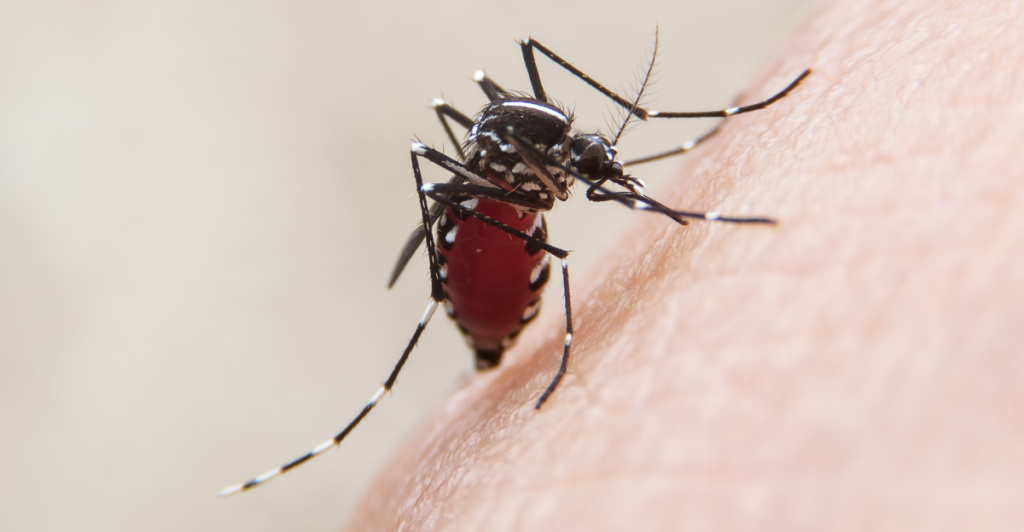
The deadliest animal in the U.S. (and the world) isn’t big or scary—it’s the mosquito. These tiny bloodsuckers transmit diseases like West Nile virus, Zika, and dengue fever, responsible for hundreds of deaths annually in the U.S. alone.
What About the Rest of the World?
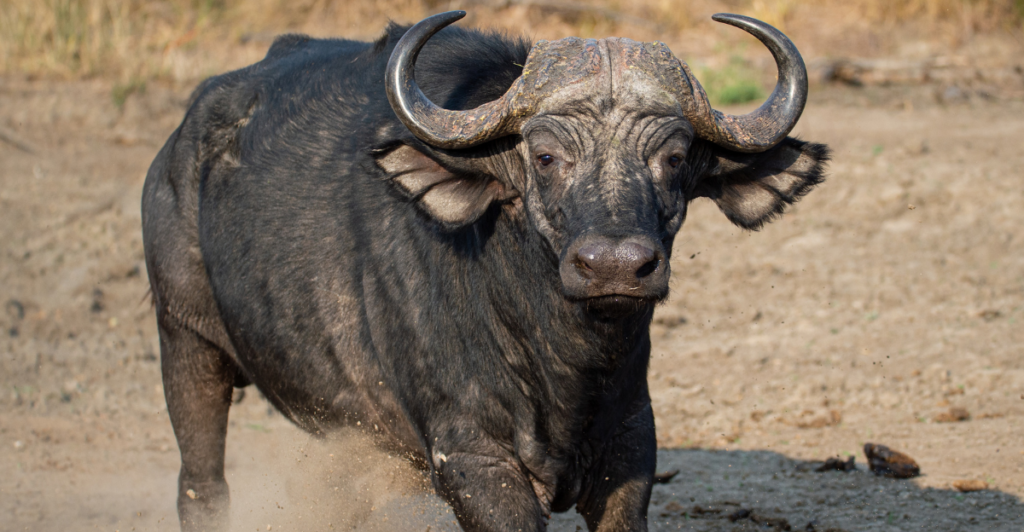
While six of the deadliest creatures are in the U.S., other killers dominate globally. Hippos are Africa’s top land predator, known for their aggressive charges. Box jellyfish in Australia have venom that stops a heart in minutes, while Cape buffalo, nicknamed the “Black Death,” are responsible for hundreds of fatalities annually in Africa.
What Makes an Animal “Deadly”?
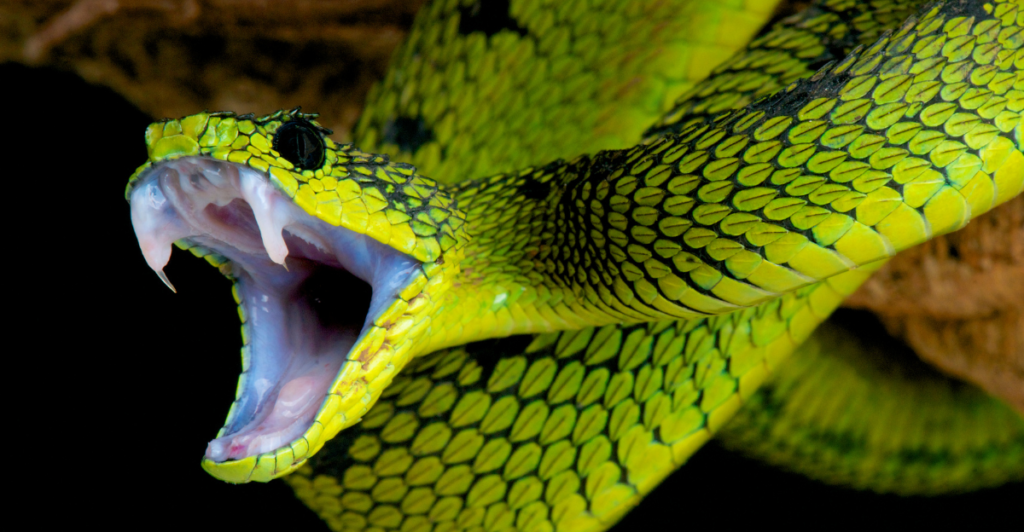
An animal’s danger level isn’t just about size or venom—it depends on how often it encounters humans, fatality rates per attack, and its adaptability to different environments. The deadliest animals are those that are widespread, unpredictable, and difficult to avoid, making them responsible for the highest number of human fatalities worldwide.
Are These Animals Becoming More Dangerous?
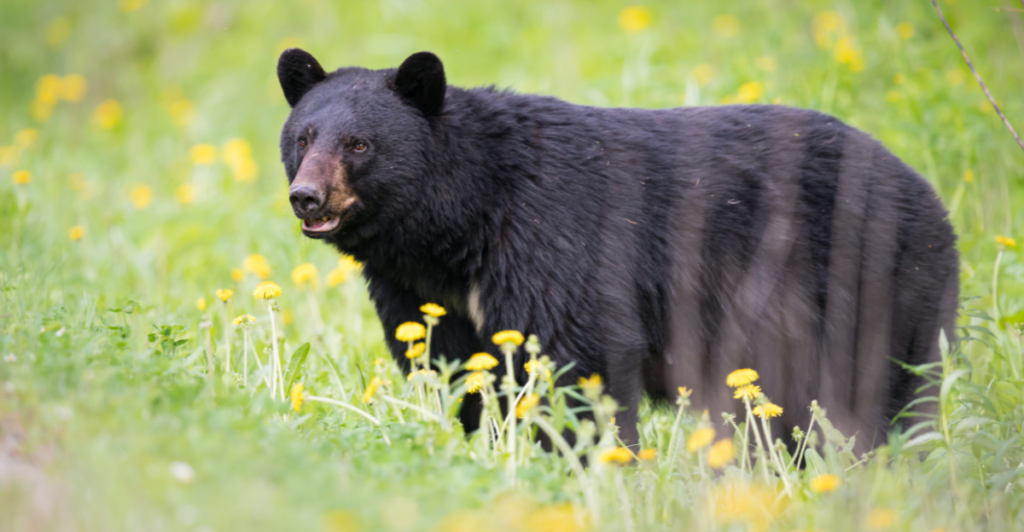
Climate change, urban expansion, and habitat loss are pushing animals closer to human environments, increasing conflicts and attacks. The more we invade their territory, the deadlier these encounters become.
Should You Be Worried?
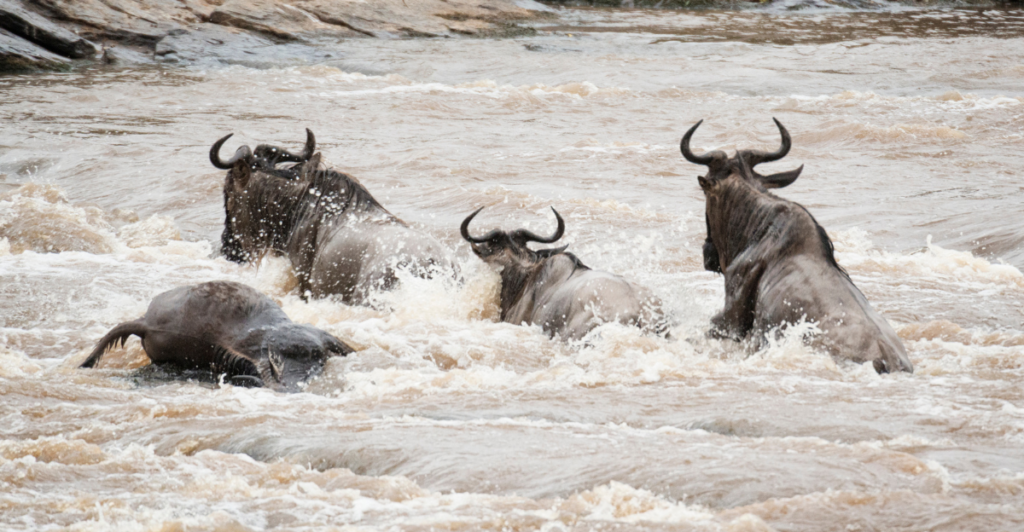
While these animals are statistically dangerous, attacks are still rare. But if you hike, camp, or live in high-risk areas, it’s smart to stay informed and take precautions. Remember: animals aren’t out to get us—we just keep crossing paths with them.
Nature is Beautiful—And Deadly
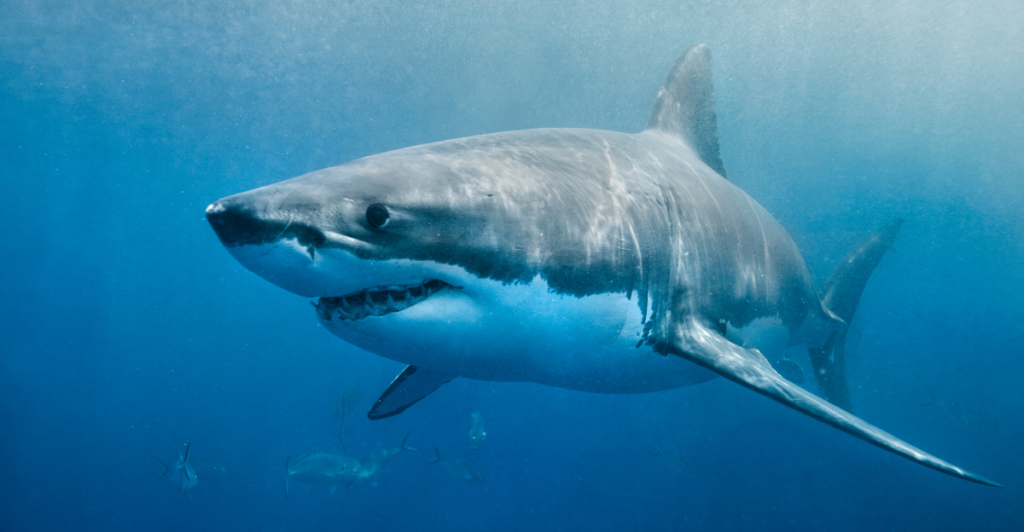
The next time someone tells you sharks are the scariest animal, remind them that mosquitoes, deer, and even spiders are bigger threats. The wild is unpredictable, but with knowledge (and bug spray), you can respect it without fearing it.
Explore more of our trending stories and hit Follow to keep them coming to your feed!

Don’t miss out on more stories like this! Hit the Follow button at the top of this article to stay updated with the latest news. Share your thoughts in the comments—we’d love to hear from you!



